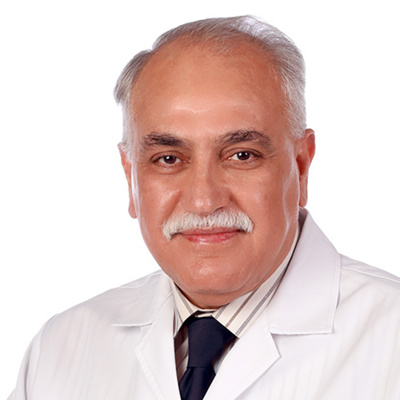Clinical neurophysiology helps in the diagnosis and management of patients with both central and peripheral neurological diseases, as well the assessment of the integrity of visual, auditory and somatosensory pathways. Neurophysiology can help in localising the lesion, the type and the degree of severity, monitors the progress of a disease, provides elements of prognosis, and helps in the choice of a treatment and monitoring of its efficacy.
Clinical neurophysiology is essentially a service discipline providing diagnostic help to nearly all other medical specialities including neurosurgery, spine surgery, orthopaedics, plastic and hand surgery, internal medicine, endocrinology, rheumatology, ophthalmology, ENT, paediatrics and ICU.
The result of a test is a step toward the diagnosis. A normal result does not mean the patient has nothing; an abnormal result does not necessarily explain the patient’s symptoms. Neurophysiology is an extension of the neurological consultation and the results should be integrated within the clinical history, neurological examination and eventually the imaging.
For more information, please contact your neurologist.
Available procedures
- Electroencephalogram - EEG
- Nerve conductions studies and electromyography - NCS/EMG
- Visual evoked potentials - VEP
- Auditory evoked potentials - BAEP
Main clinical indications (for non-neurologists)
- Polyneuropathy, diabetes, B12 deficiency, renal failure
- Carpal tunnel syndrome and other entrapments
- Cervical and lumbar radiculopathy
- Testing the integrity of the visual pathway, optic neuropathies
- Testing the integrity of the auditory pathway;,detecting hearing loss in children.


